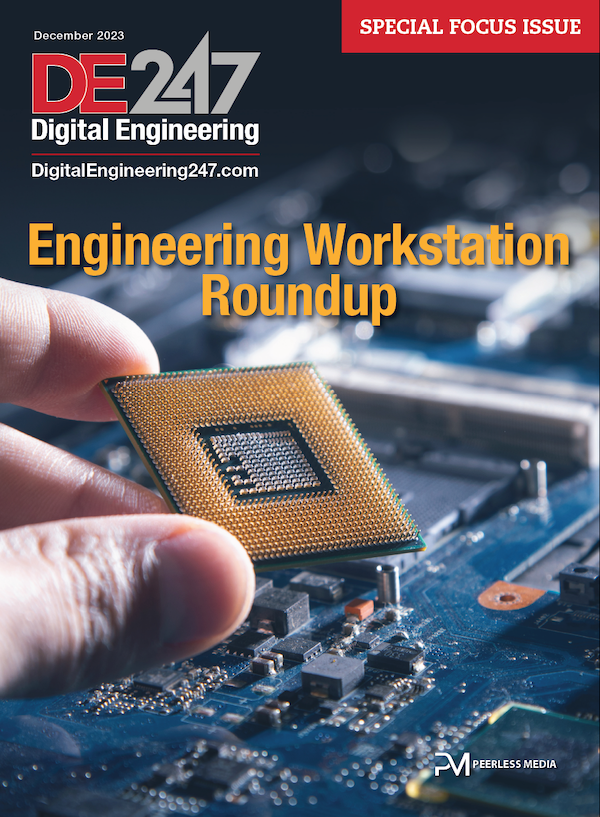Human Wit vs. Artificial Intelligence
Latest News
March 28, 2014
Long ago, while working as an editor of a business-to-business agricultural magazine, I helped create its 100th anniversary issue. After leafing through issues dating back to the late 1800s, I gained a better appreciation of the huge technological changes that had transformed daily life.
Alongside articles extolling the efficiencies of steam-powered tractors were ads for everyday consumer goods—from soap to canning jars. Consumer ads were in the agricultural trade magazine because in the late 1800s, more than 70% of the U.S. population was employed in agriculture. That number has dropped to less than 2% as industrialization and mechanization increased agricultural labor efficiency 27-fold.
Many farm workers became factory workers, but now a similar shift is taking place. The percentage of U.S. manufacturing workers has fallen from its 30% high in 1950 to about 10%, and is projected to keep falling.
Now, of course, the hot crop is knowledge.
Keep Learning
The shift from farm to city was accompanied by states making it compulsory for children to go to school and the founding of the first research institutions. The educational hurdle from farmer to factory worker was not as high as the one factory workers have leapt to take advantage of the Information Age, and that hurdle is only getting higher.
As technology changes, education becomes increasingly important to keep up with those changes. Design engineers are well positioned to take advantage of the economic trend toward information and applied services, but they are not immune to its challenges. Simulation, rapid prototyping and high-performance computing have disrupted the traditional way things have been designed. At the same time, converging engineering disciplines require many of today’s design engineers to understand mechanical, electrical and software engineering, as well as user interface design and product lifecycle management.
Today’s proponents of higher education no longer talk about degrees as a precursor to employment, they talk about lifelong learning. While continual learning no doubt would be a good thing for the bottom line of any college or university, higher education leaders are also in a good position to read the writing on the wall when it comes to the future job market.
The writing on noted inventor and futurist Ray Kurzweil’s website late in 2012 announced he had been hired as Google’s director of engineering. Kurzweil is known for inventing the CCD flatbed scanner, omni-font optical character recognition, print-to-speech reading machines, and advancements in music synthesizers. But, he is perhaps best known for his 2005 book “The Singularity Is Near: When Humans Transcend Biology,” in which he predicts how artificial intelligence will exceed human intelligence.
“In 1999, I said that in about a decade we would see technologies such as self-driving cars and mobile phones that could answer your questions, and people criticized these predictions as unrealistic,” his website announcement of the new Google position read. “Fast forward a decade—Google has demonstrated self-driving cars, and people are indeed asking questions of their Android phones ...
“I’m thrilled to be teaming up with Google to work on some of the hardest problems in computer science so we can turn the next decade’s ‘unrealistic’ visions into reality.”
More Changes to Come
The world’s second-largest company by market value has been making a number of interesting acquisitions since hiring Kurzweil. In January, Google reportedly acquired DeepMind Technologies for $400 million. The small startup focused on artificial intelligence research that could make machines more capable of recognizing faces or spoken words.
Such an acquisition illustrates the value of knowledge in the economy. It also leads to rampant speculation on what is to come, especially when you consider that Google has also acquired eight robotics companies recently, including the well-known Boston Dynamics.
Will your job one day be done by computer-based artificial intelligence? Maybe. Will you one day be asked to design a machine that is capable of using artificial intelligence to perform a task? Probably, if you aren’t already doing so. Are you ready for those days? That’s the question to ask yourself right now.
If you aren’t continually learning something new, you can rest assured there’s a machine out there that is—from IBM’s Watson supercomputer turned Jeopardy! champion to Google’s self-driving cars, even Facebook and Amazon’s algorythms that determine what you want to see and when. Knowledge isn’t just power. Knowledge is your best defense against obsolescence.
Subscribe to our FREE magazine, FREE email newsletters or both!
Latest News
About the Author
Jamie Gooch is the former editorial director of Digital Engineering.
Follow DE






